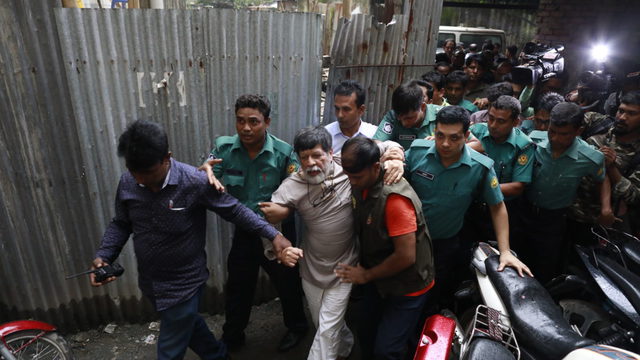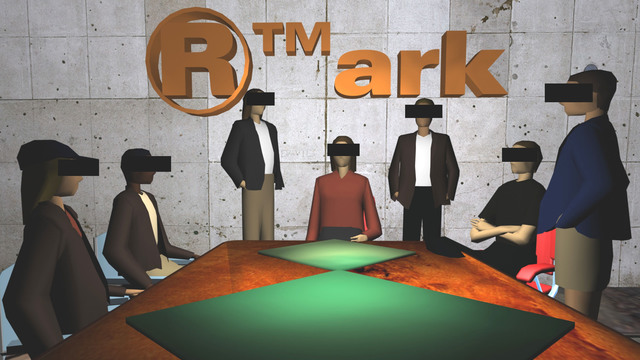Occupy and UK Uncut: the evolution of activism
Occupy Sandy gained the attention denied to Occupy Our Homes because it replaced militant Occupy! with "do-it-yourself" Occupy. Feel-good mutual aid displaced attention from the underlying contradiction between public housing and private utilities onto the quick fix of digital media. Occupy Our Homes, on the other hand, confronts the system with its failures ? predatory lending, homelessness, and empty bank-owned houses. The problems it addresses can't be solved by rolling up our sleeves and getting involved; they require political solutions.
Read

